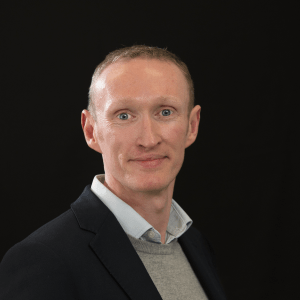Mark Scott
Chief Technology Correspondent, POLITICO | London, UK
Project Overview
With the passage of the Digital Services Act by the European Commission, which promises to make data from tech companies more accessible, Mark used his fellowship to investigate the different types of data stakeholders would need. The goal of the project was to help inform policymakers who are working on defining how data sharing would work.
Mark conducted more than 50 semi-structured, in-depth interviews with leading public health officials, government policymakers, civil society groups, tech company executives and research academics from across North America, Europe and Australia. He investigated practical ways to improve social media data access for researchers, policymakers and regulators aiming to promote credible and trustworthy information to citizens, as well as monitoring potential harmful behavior — both linked to public health outcomes and the democratic process. This work included advising regulators, policymakers and outside groups on feasible ways to improve such access; the development of transatlantic policy and academic partnerships to operationalize the European Union’s mandatory social media data access regime; and multiple academic and mainstream publications, to be published in 2024, about how such data access regimes should be developed.
Here are two of Mark’s Politico newletters informed by his fellowship work:
Digital Bridge: Global Twitter
I have a plan to fix social media
About Mark
Mark Scott is Politico’s chief technology correspondent, writing about the global collision of technology and politics. Prior to joining Politico, Mark was the European technology correspondent for The New York Times, where he covered the continent’s response to Silicon Valley’s tech giants, the region’s regulatory push into the digital world, and the expansion of Europe’s own technology, media and telecommunications scene. He joined The New York Times as its European finance reporter in the wake of the 2008 global financial crisis, and was previously London correspondent for Bloomberg Businessweek.

